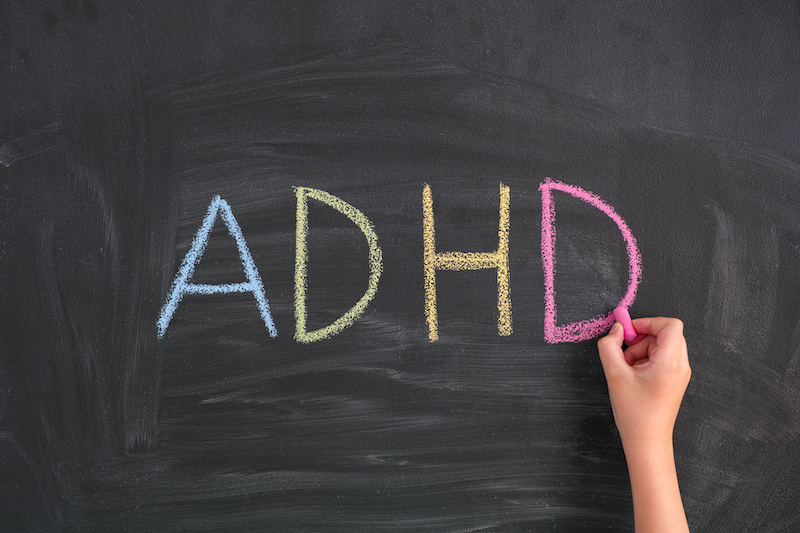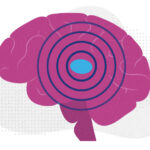Common questions about ADHD treatments

If your child is diagnosed with attention deficit hyperactivity disorder (ADHD), you may have questions about which treatments will work best. When considering an intervention for your child, we recommend that you ask your clinician if there are any research studies that back it up.
Here at Boston Children’s Hospital, we will only recommend a treatment if there is an established “track record” in the research literature. If a treatment has not been rigorously studied, then there is the potential for it to be harmful, ineffective, or a waste of your time and resources.
Here, we take a look at the research literature behind some common ADHD treatments parents ask us about.
Can omega-3 fatty acid supplements improve ADHD symptoms? What about other supplements or vitamins?
While omega-3 fatty acids or fish oil pills seem to be helpful for overall health and wellness, there is currently no clear evidence that shows clinical benefits from its use in improving outcomes for children and adolescents with ADHD. As such, we do not generally recommend omega-3 or essential fatty acid supplementation for treatment of ADHD.
Likewise, other vitamins have not been proven to be beneficial in ADHD treatment.
Will putting my child on a special diet improve their ADHD symptoms?
We generally do not recommend special diets or elimination diets for children with ADHD. While some children may have true allergy or sensitivity to food components, most children (with or without ADHD) do not. So, eliminating specific food components, such as sugar, casein, food additives, or gluten, from a child’s diet is unlikely to improve ADHD symptoms. The same is true for the “few foods diet” (also known as an oligoantigenic diet).
All children benefit from a healthy diet that emphasizes whole grains, fruits and vegetables, and minimizes processed foods. While studies have not shown a link between sugar intake and hyperactivity, all children benefit from a diet with moderate sugar intake to help promote healthy growth. If your family chooses to try an elimination diet, it is important to work with your doctor and dietitian to ensure that it meets your child’s nutritional needs.
An occupational therapist recommended a weighted blanket and sitting on a yoga ball during class. Could this be helpful for ADHD?

Occupational therapy has known benefits for improving fine and gross motor strength and coordination, but it has not been proven to be clinically beneficial for treating ADHD. If your child also has motor weakness or coordination issues (motor apraxia or Developmental Coordination Disorder), occupational and physical therapy could be helpful for treating those specific issues, but not for treating ADHD.
Some occupational therapy providers have suggested “sensory processing disorder” may underlie or overlap with the various symptoms of ADHD. This claim has not been supported by the research literature, and at present, none of the established medical or psychological professional societies recognize sensory processing disorder as a diagnosis. Hence, we do not recommend sensory-modulating occupational therapy devices as a treatment for ADHD.
Is there a genetic blood test that can determine the best ADHD medication for my child?
It is common for children to try multiple ADHD medications before finding the one that works best for them. There are currently genetic tests available on the market that aim to help guide ADHD medication selection based on a child’s genetic profile. However, additional studies analyzing the accuracy, precision, and effectiveness of such tests are needed. We therefore do not generally recommend these tests.
In select cases where genetic testing may be indicated, it is best for testing to be sent by clinicians with expertise in the field to meaningfully interpret the results and use them to make medication decisions. Making genetically informed treatment decisions for treatment of ADHD holds promise for the future but has yet to be fully realized.
Do you recommend using a trigeminal nerve stimulator device as a treatment for ADHD?
Trigeminal nerve stimulation (TNS) is a non-invasive, “neuromodulation” device that provides electric stimulation to the trigeminal nerve while your child sleeps. The thought behind this device is that stimulation of the trigeminal nerve will send signals to parts of the brain thought to be involved in ADHD. There are currently only two studies supporting the effectiveness and safety of this device as a treatment for ADHD. Many more studies are needed before it can be recommended as a treatment for ADHD in children and adolescents.

Many parents also ask about neurofeedback and other “brain-training” interventions. The data supporting their use as a treatment for ADHD are quite limited. While children may become quite skilled at the “brain training” tasks and games, it is unclear whether improved skill at these games translates into better real-world outcomes like academic performance or better organizational skills.
If you have questions about another treatment you have heard or read about, don’t hesitate to talk with your child’s provider.
About our bloggers: Natalie Cerda, MD, is a fellow in developmental-behavioral pediatrics at Boston Children’s Hospital. Jason Fogler, PhD, is a staff psychologist and co-director of the ADHD Program at Boston Children’s Hospital and an assistant professor of Pediatrics and Psychology at Harvard Medical School.
Learn more about the Developmental Medicine Center or read about the new treatment guidelines for complex ADHD.
Related Posts :
-

New research shows caregiver instability affects development
According to some estimates, more than 100 million children around the world experience separations from their caregiver every year. Previous research — ...
-

Help your child manage anxiety about school violence
With news of school shootings and other violence often reaching children, parents sometimes grapple with how to help their child ...
-

The thalamus: A potential therapeutic target for neurodevelopmental disorders
Years ago, as a neurology resident, Chinfei Chen, MD, PhD, cared for a 20-year-old woman who had experienced a very ...
-

Delving into the causes of attention deficits: Childhood adversity, lost sleep, and dopamine
New research on the effects of adversity in childhood ties together stress, sleep loss, and attention deficits later in life. ...





